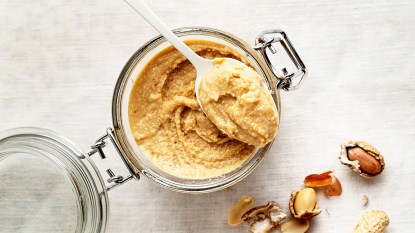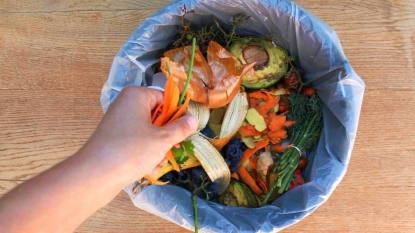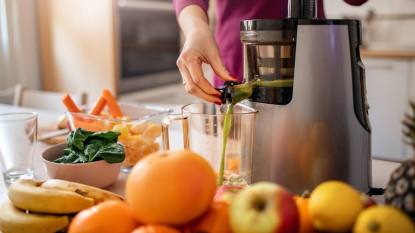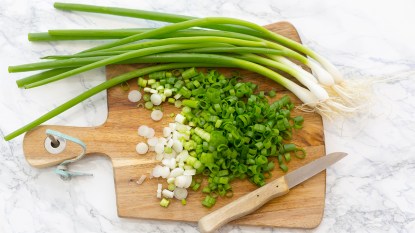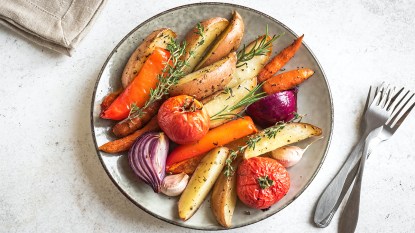Storing Whole Melons Like This Makes Your Fruit Salad Healthier, Study Shows
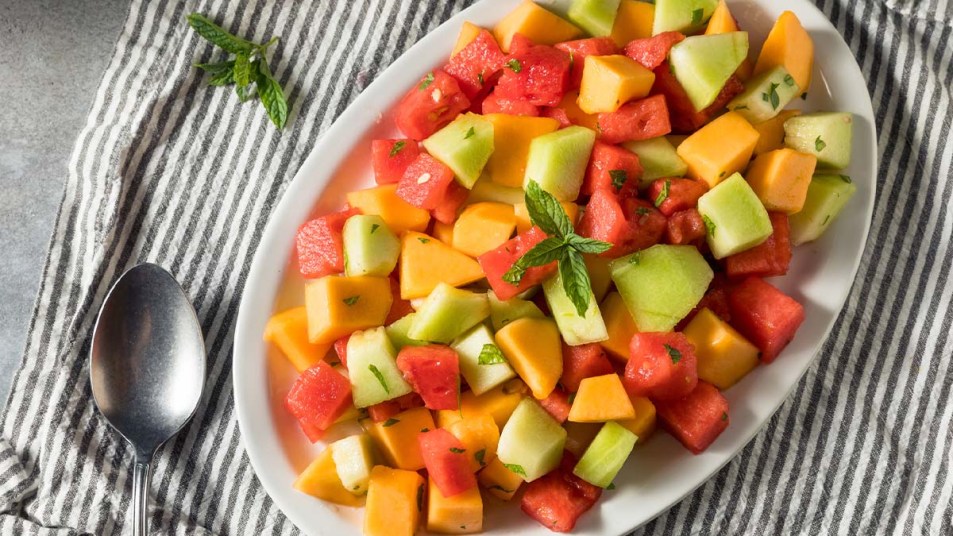
A BBQ spread just isn’t complete without a fruit salad. After digging into saucy ribs or munching on grilled chicken, a healthy bite of ripe, in-season fruit is a refreshing palate cleanser. My own fruit salads mainly consist of summer fruits like cantaloupe, watermelon, and honeydew melon.
I’ve recently been researching the best way to store summer melons to preserve their nutritional value. Fortunately, I stumbled across a handy trick: Storing whole melons at room temperature actually boosts their antioxidant levels.
The Best Way to Store Uncut Melons
When you host a BBQ, your fridge gets a workout chilling drinks and storing marinated meats. However, it’s not the best place for storing whole melons.
A 2006 study conducted by USDA researchers looked at the changes in nutritional content of whole watermelon before and after storage in various temperatures. They found that watermelons stored at room temperature had increased levels of antioxidants, including lycopene and beta-carotene, compared to watermelons stored in colder temperatures.
Lycopene and beta-carotene are both linked to reducing oxidative stress in the body’s cells, which lowers risk of chronic disease. While the USDA study focused on storing watermelons, beta-carotene is also found in fresh cantaloupe and orange-fleshed honeydew melon.
So, storing summer melons at room temperature right after buying them is the best idea if you want to increase the fruit’s antioxidant content. Chef and cookbook author Alice Waters also notes in her MasterClass that whole melons can sit at room temperature for a day or two to fully ripen before being cut, which also makes the fruit tastier.
How to Properly Prepare and Store Cut Melons
Once you’re ready to cut into a summer melon, it’s important to keep a couple things in mind in order to avoid illness-causing germs such as salmonella and E. coli.
“Cantaloupes, watermelons, and other melons are great, nutritious foods – but if they’re handled incorrectly, they can make you very sick!” food safety specialist Eileen Haraminac writes in an article for Michigan State University Extension.
Here are Haraminac’s three key tips for safely cutting and enjoying summer melons:
- Keep your hands and surfaces clean. “Make sure that the knives and cutting boards you use are also clean. Always wash your hands before doing the cutting,” she says.
- Wash the melon’s rind using a mild dish soap and warm water. “Always wash melons and your other produce completely,” she advises. “This will help you remove any germs from the outside before you start cutting.”
- Chill the cut melon. “Keep cut melons cold. If melon pieces sit out at room temperature for longer than two hours, throw them out. If you have to wonder how long they’ve been out there, they’ve been out too long,” she notes.
After serving your fruit salad, you can store any leftover pieces of melon in a bowl covered with plastic wrap for three to four days in the fridge.
I can’t wait to try this melon tip after my next trip to the farmer’s market. Being able to serve a healthier and tastier fruit salad at summer BBQs is a win-win.


